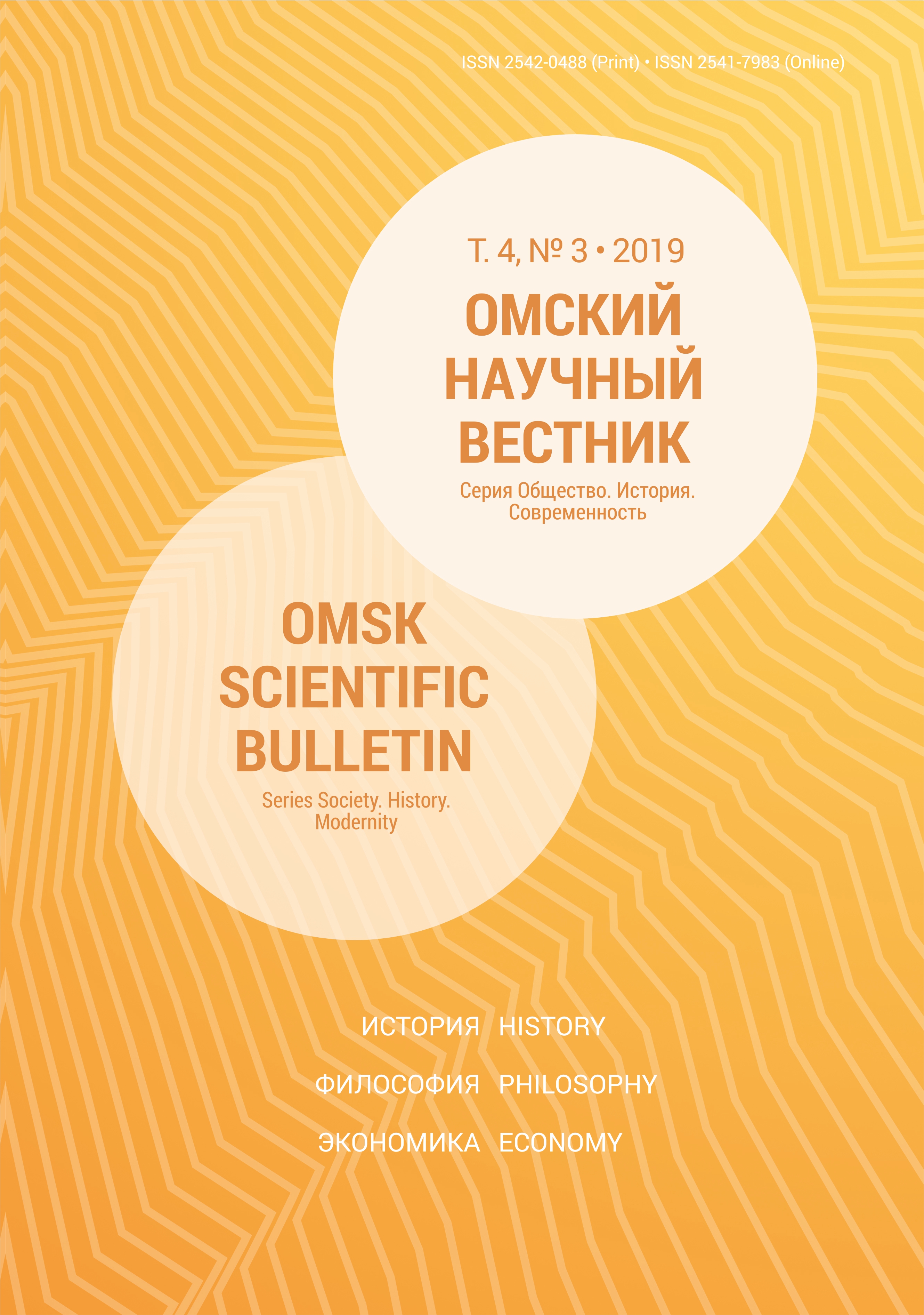Free will and conformity: less faith in free will corresponds to greater tendency to conformism
DOI:
https://doi.org/10.25206/2542-0488-2019-4-3-106-111Keywords:
free will, determinism, conformity, experimental philosophy, social influence, social psychologyAbstract
Philosophical debates around the concept of free will have not ceased for many centuries. Modern discussions in moral philosophy are increasingly turning to new scientific discoveries of social psychology and neurobiology. On the wave of interest of modern moral philosophy for these scientific discoveries has arisen experimental philosophy. This article raises the question of the relationship between a person’s belief in free will and conformity. The study is based on the methods of experimental philosophy, in particular, the correlation between these two indicators is measured. The participants in our experiment filled in two scales assessing an individual’s faith in freedom of will and his tendency to conformism. The results of the experiment provided the evidence that respondents with stronger belief in free will showed a less tendency toward conformism.
Downloads
Published
How to Cite
License
Non-exclusive rights to the article are transferred to the journal in full accordance with the Creative Commons License BY-NC-SA 4.0 «Attribution-NonCommercial-ShareAlike 4.0 Worldwide License (CC BY-NC-SA 4.0»)




